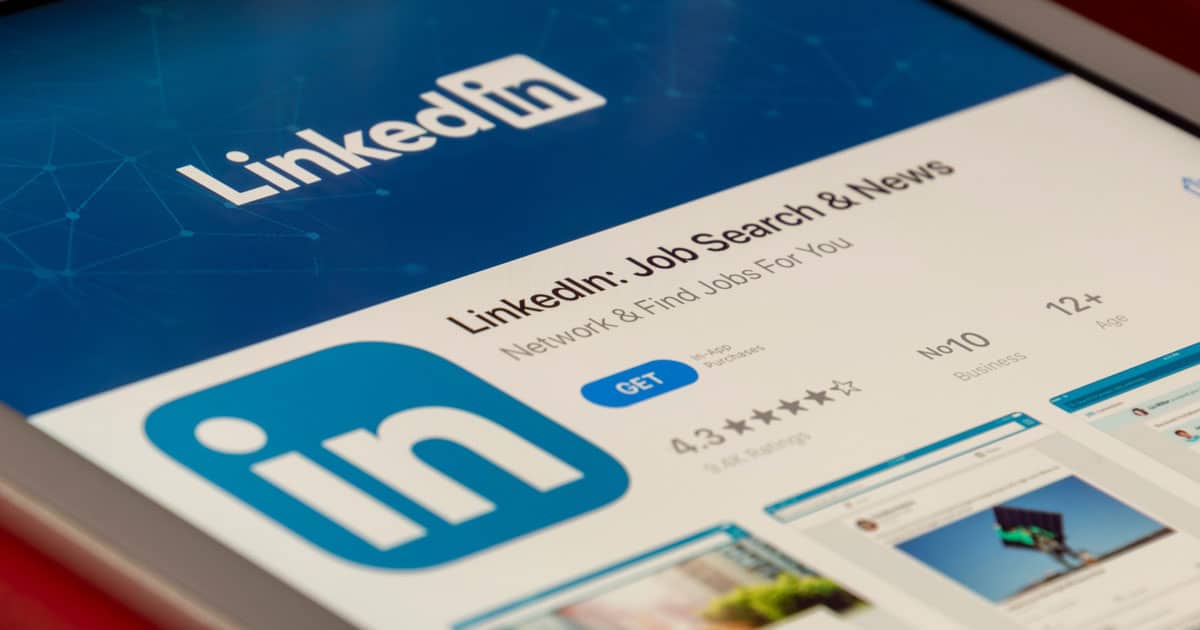The best way to get recommendations is to first write them to your current and past colleagues. People will usually respond in kind if you write them a recommendation.
Suppose you want to find a job abroad and plan to quit. Write a letter to your co-workers indicating that you want to recommend them on LinkedIn. Although the chances of them rejecting you are very small, they may ask you to focus your recommendation on a particular area and certain skills in their work.

Today’s recommendations are much shorter than they used to be, but the quality is now more important than length. A man now has many more references and letters of recommendation than in the twentieth century. But do not make your letter too short, it may seem as if you did not bother much with it. Tell the story (see above) that is easy to remember, and informal storytelling will help bring out all the details. In other words, don’t worry about style, just tell the story.
LinkedIn ranks search results based on the number of recommendations and keywords they contain. Be sure to include keywords in your recommendation that reflect the career opportunities your colleague is looking for. To know what to focus on, ask your colleague for their opinion.
Don’t miss your friends and family members. Personal recommendations are also important. In fact, they may even be more important, since the opinion of someone who has known a candidate for decades can weigh much more than the opinion of someone who has known him for only a short period of time. But you should still stick to the format (that is, you should focus on the competencies that employers want).
Writing your own recommendation:
- Log in to your LinkedIn account, go to a person’s profile, and click “Recommend”. Then you will have the opportunity to describe how this person relates to you (colleague, student, etc.).
- Start with a little information about how you know this person.
- List the qualities employers are looking for. If you’re not sure what this part will be used for (or if your colleague will someday want to change their career), focus on professional qualities that employers value.
- Tell a short success story. Stories will make your recommendation memorable, much more memorable than the dry statement, “Joe is a very honest and dedicated team player.” Anyone can write whatever they want, but only you can tell the story. The story must reflect the work ethic and not your relationship with the person.
- End on a strong note. Make sure that the recommendation ends with words of delight and determination. Readers should not remain in the dark and wonder what has become of the rest of the message.
- Click on the [view/edit] link. This link will allow you to add a personal message with a notification letter. Don’t forget to indicate that this is still a draft and you’d like suggestions to improve it.
- Click send. The person you referred will receive a sweet message saying that someone has recommended him or her.
- If you don’t get a response within a week, ask that person for their opinion on the recommendation. If they keep silent, they may not like the recommendation. In this case, politely offer to change it. (“I’m sorry to hear that! Let me change it, and I’ll make it right.”) After a few edits, you’ll write a great recommendation and maybe get a similar one in return.
